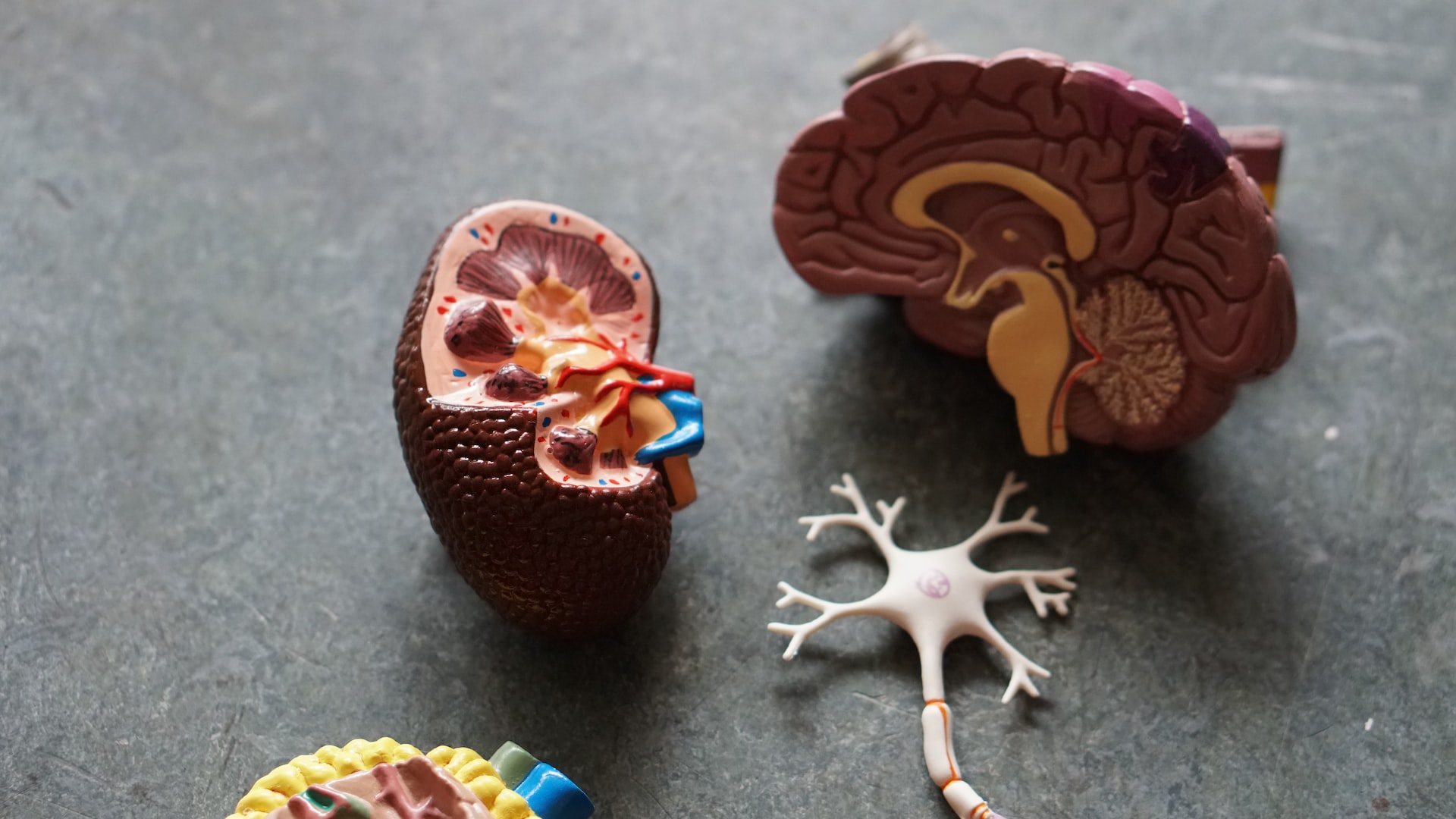
Body + Mind is reader-supported. We may earn an affiliate commission when you buy through some of the links on our site.
Protecting your kidneys might be a primary health concern due to your medical history or genetics. There are many kidney health tips that you can try to support their well-being without expensive prescription medications. Check out a few of these ideas and talk with your doctor about how they may improve your health.
Your kidneys exist primarily to filter excess water and cellular waste out of your body, but they also have other functions like:
They’re able to do those things more easily when you’re hydrated. Extra water flushes everything through your kidneys, which use the water for filtering and other functions. You can drink more water by skipping beverages like soda and coffee. Instead, carry a large water bottle around with you or opt for sparkling water when you feel thirsty.
Sodium leads to cellular water retention, meaning fewer fluids pass through your kidneys. Your doctor or a nutritionist can help you adjust your diet to make it more kidney-friendly. You could start by eating less processed meat to reduce your sodium intake. You’ll retain less water, stress your kidneys less and reduce your risk of strokes because you’ll eat fewer processed ingredients.
Limiting your sugar intake can also help your kidneys. A recent study found that people with high-sugar diets were more likely to have chronic kidney disease because excess sugar in the blood makes it more challenging for kidneys to process fluids. Eating added sugars hidden in things like pasta sauce and salad dressings also increases your risk of diabetes because it continually spikes your blood sugar.
There are numerous benefits to eating a healthy diet, but it’s beneficial for anyone interested in kidney health tips. If you want to pursue this option, your doctor can help you make a better diet plan that works with your health needs.
High blood pressure is one of the most common causes of end-stage kidney failure. It constricts blood vessels and reduces how well blood travels throughout your body. If your kidneys can’t get enough blood, they’ll struggle to function and may fail.
There are many ways to watch your blood pressure, like using a blood pressure monitor throughout your day while eating a low-sodium diet. Exercising regularly and avoiding addictive substances like alcohol can also improve your blood pressure readings.
Smoking tobacco harms your cardiovascular system and slows your blood circulation due to poor blood vessels and heart chambers. Research also shows that people who smoke cigarettes are more likely to develop kidney disease than non-smokers, even when both groups are in good health. Your doctor may recommend over-the-counter smoking aids like Nicotine patches or prescription medications to help you quit if you’ve been a long-time smoker.
Based on your doctor’s recommendations, you could schedule regular testing to verify your kidneys’ health and functionality. You might draw blood for a Glomerular Filtration Rate (GFR)
or provide a urine sample. The GFR test verifies the amount of creatine in your body, which is normally within a specific range with healthy kidneys. A urine test would confirm the presence of protein in your urine, which forms after the urine passes through your kidneys.
This may only be necessary if you have existing kidney conditions or an increased risk of kidney disease due to genetics. Your doctor will know whether or not testing should be another way to monitor your health.
These are a few kidney health tips anyone can try, especially after conferring with their doctor. Depending on your medical history, some of these recommendations may be more useful than others. They’ll all protect your kidneys and help your body thrive no matter which ones you choose.
Your email address will only be used to send you our newsletter, and at any time you may unsubscribe. For more information, see our Privacy Policy.